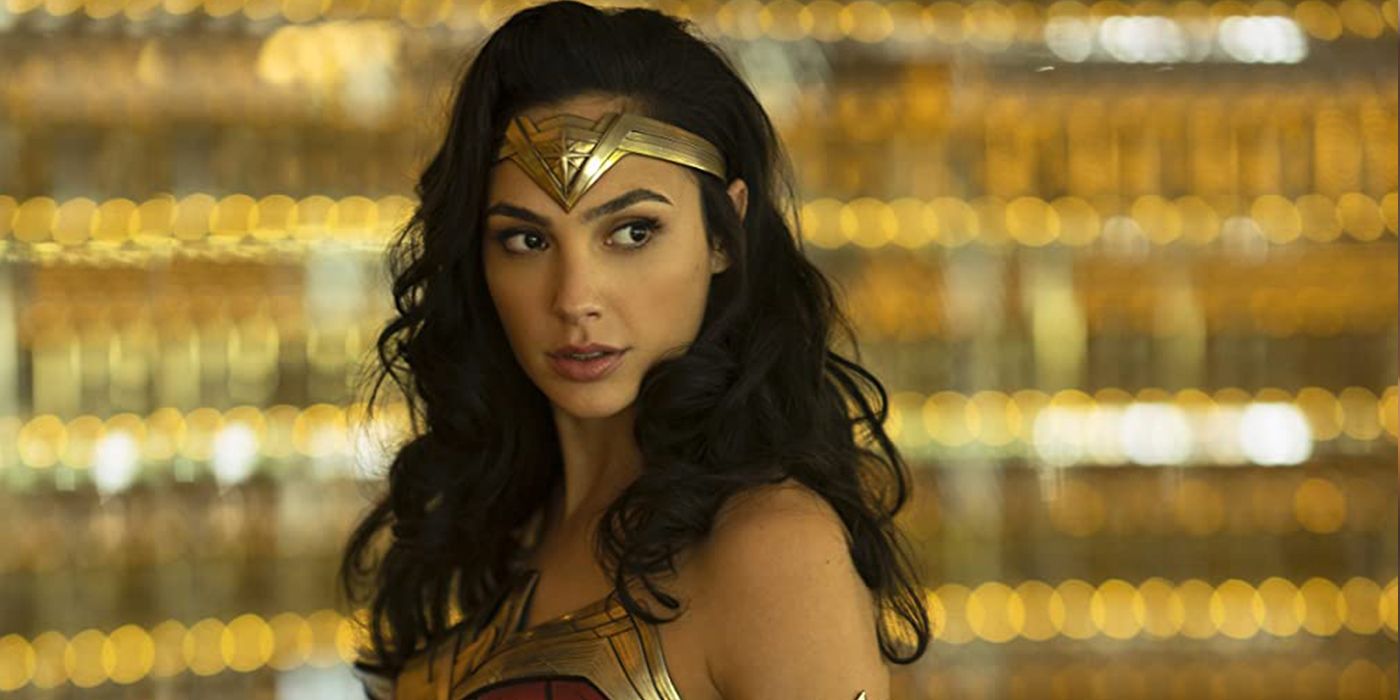The focus of COVID-19's impact on the entertainment industry has been on the theatrical delays of tentpole projects, including Wonder Woman 1984 and the 25th James Bond film, and the consequences for exhibitors. However, the licensing deals tied to these projects have also been impacted by the pandemic and now studio executives have opened up about how they've adapted to the health crisis.
As COVID-19 began to spread across the world at an increasing rate in March, studio executives began taking calls with concerned licensees including Mattel, Hasbro, Nike, and Old Navy. While both the studios and their product partners initially hoped to simply ship their products out of China, where the virus originated, the strategies of both parties had to change completely when it became evident that movie theaters would not be open for the foreseeable future and feature films would have to be postponed.
MGM's newest James Bond film, No Time to Die, was originally scheduled to debut in April 2020 before the pandemic prompted the studio to postpone its release to November. Companies including Heineken beer, Omega watches, and automakers Land Rover and Aston Martin had been preparing to spend millions in ad buys and live activations around the initial release date. During an interview with Variety, an MGM insider explained that the final decision to postpone No Time to Die was made in March partly to provide transparency to its marketing partners. "We did so very keenly to get ahead of any spending our partners would put into the marketplace. They recognized the original release wasn't sustainable, and it was relatively easy to move. Hard goods are a different story, and much more difficult," said the individual. No Time to Die has since been postponed for a second time from November to April 2021.
In April, Universal Pictures pushed back the release date of Minions: The Rise of Gru by a year to July 2021, forcing the studio to devise a plan to make the launch of a 90-piece collector toy set with McDonald's and other deals relevant despite the lack of the new film playing in theaters. Initiatives taken to resolve the issue included a Minions PSA with the World Health Organization to honor frontline workers, network airings of the first Minions film on NBC and themed movie nights with international broadcasting partners. Multiple studio executives informed Variety that partners like McDonald's aren't able to postpone their tie-in products because the food chain must continue moving merchandise on account of not having the same storage capacity as retailers such as Target and Walmart.
Not every licensee has been able to delay the launch of its products to coincide with the premiere of a Hollywood blockbuster. For example, Mattel had to release its line of Wonder Wonder 1984 dolls without the DC film, which has been postponed three times on account of the pandemic.
The report adds that the licensing industry is on course for a 21% decrease in revenue in 2020, according to a study in an upcoming white paper from License Global. As result, licensing businesses are joining the growing list of companies that are turning to streaming content for relief amid the pandemic.
Source: Variety

